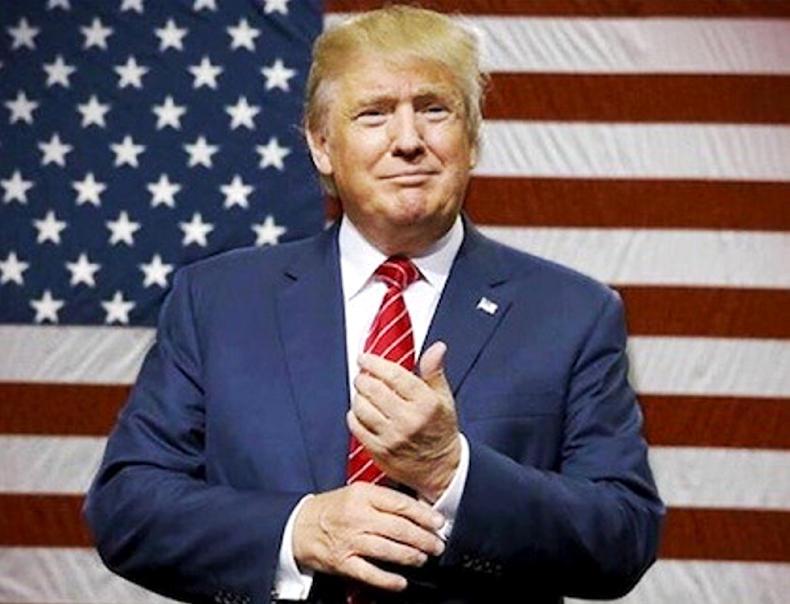President Trump – as he will be from around 5pm Irish time on Friday – has declared that he will be putting the UK to the front of the queue for a generous free trade deal with the US. For her part, UK prime minister Theresa May has declared that “we want to get out into the wider world, to trade and do business all around the globe”, name-checking Australia, New Zealand, China, Brazil and India on the way through as countries Britain would like to business with – as well of course as the US.
In the wider economic context, it makes perfect sense for the UK and US to strike a deal. However, as was the case with TTIP, it is when access for agricultural products comes on to the agenda that the discussions will get interesting.
Undoubtedly the US, as one of the biggest exporters in the world, will want to secure access to the UK for agri products. The UK, not being a particularly agricultural country, might be expected to be open to these exports from the US.
This is when it gets interesting. The UK, as part of the EU, has been to the forefront in opposing the use of growth-promoting hormones in beef production. Banning of US hormone-treated beef has been a long-running issue between the EU and the US, leading to the US successfully getting a ruling from the World Trade Organisation (WTO) that the EU ban on hormone-treated beef was illegal. The ruling decreed that the US could impose punitive tariffs on the EU on sales to the US in retaliation for business lost.
We can imagine a trade negotiation post-Brexit on a deal between the UK and US having to tackle this thorny issue. If the UK were to insist on no hormone-treated beef, could the US accept it while it pursues the EU through the WTO? Similarly, would they be interested in a deal without hormone-treated produce included?
On the other hand, what if the UK were to accept US hormone-treated beef as the WTO dictates everyone should because there is no good scientific reason for not doing so. Presumably they could do so on the basis that they would leave consumers to decide. If this were to happen, it is conceivable that without tighter border controls than were ever in place before, that US hormone-treated steaks could finish up in Dublin.
One of the barriers the UK industry has against imports is compulsory country-of-origin labelling, as is the case currently throughout the EU. The dedication of British consumers to UK-origin beef has created a price gap with similar beef of up to €300 per head just over a year ago. With sterling weakening, this has closed to €200 per head.
Compulsory beef labelling could also come under threat at the WTO. In late 2015, it ruled that compulsory country-of-origin labelling in the US on beef and pork discriminated against Canadian and Mexican imports because the easiest way for a US meat packer to comply with country-of-origin labelling was simply not to buy Canadian or Mexican produce.
With the UK set to transcribe EU legislation into its national laws on exit from the EU, we could expect that it will continue with compulsory country-of-origin labelling on meat. This is what UK farmers would want to highlight to British consumers that they were either buying UK-origin product or the imported alternative. If this were removed, customers would no longer get the prompt, as is the case in the US following the WTO ruling on their country-of-origin labelling legislation.
These are two examples of the issues that arise in free trade agreement negotiations that are controversial and usually take considerable discussion to arrive at a compromise. A fast-track free trade deal makes for a great sound bite but it isn’t so easily delivered.
Clarity but no upside from Brexit, says Creed
Farming must not become Brexit battleground - Healy
It's not me it's EU - Theresa May's speech
NI agri-food faces uncertain Brexit
Le Pen would exit the euro and oppose free trade – except with Russia
Brexit border controls to affect Irish dairy industry
Editorial: farmers facing a decade of political Mayhem
Farmer Writes: watching the Brexit fallout
Letter: Mrs May, why anticipate, with threats, failure in the negotiations?










SHARING OPTIONS